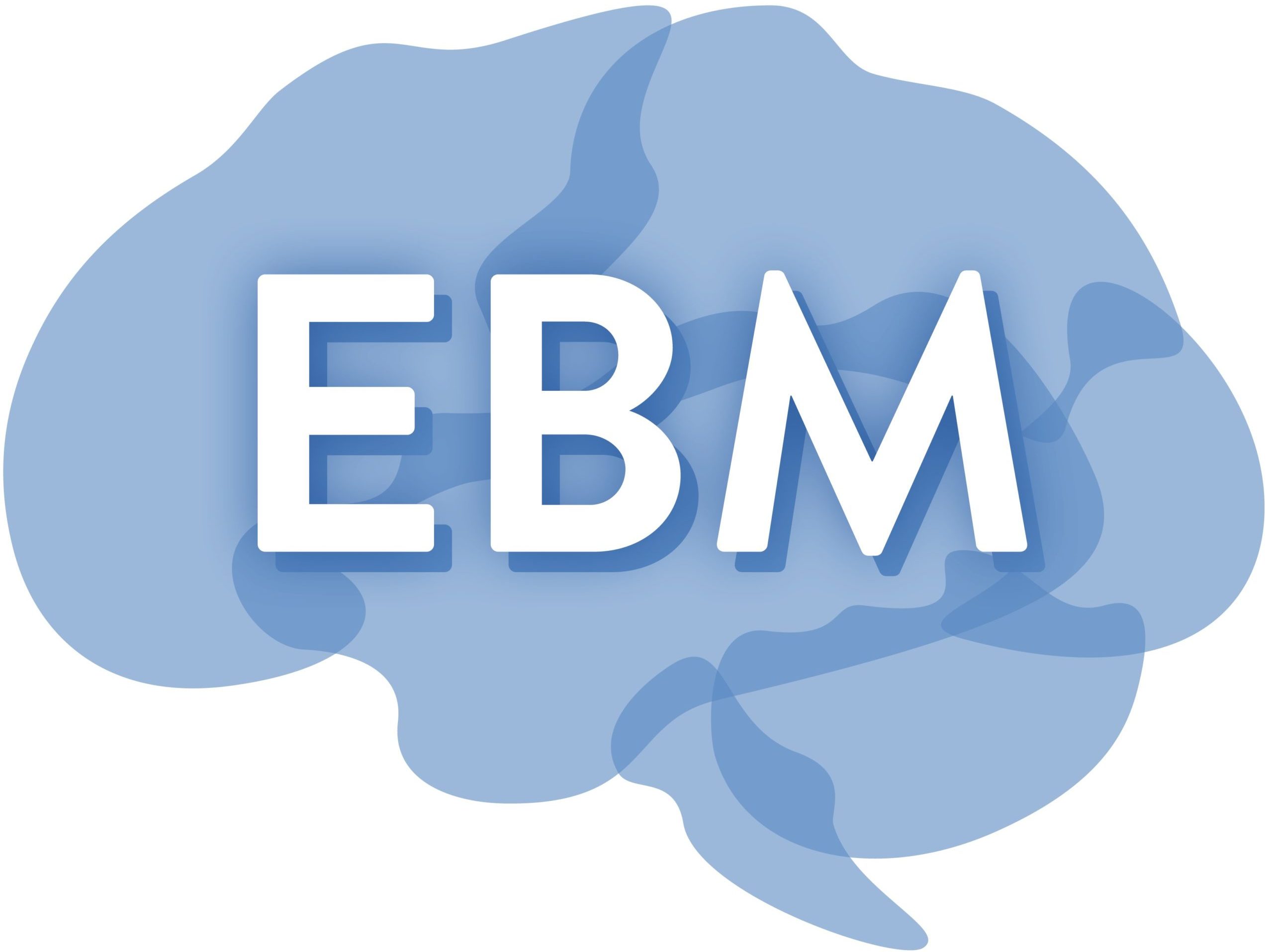A02 Quantitative characterisation of human brain malformations
Abnormal brain folding is a frequent cause of focal seizures in patients with drug-resistant epilepsy, i.e., due to Focal Cortical Dysplasia (FCD), Hemimegalencephaly, Polymicrogyria, or Mild Malformation of Cortical Development with Oligodendroglial Hyperplasia (MOGHE). We and others have identified brain somatic mutations acquired during brain development as underlying genetic cause of these malformations of cortical development (MCD). It remains to be clarified, however, how these molecular-genetic alterations translate into abnormal tissue structure and function. Our working hypothesis postulates that brain mechanics play a pivotal role in the translation of molecular-genetic lesions into abnormal cerebral structure and function. Access to human brain tissue and neuroimaging data of post-mortem body donors and histopathologically and genetically characterised epilepsy surgery brain specimens is a key feature of A02, and will complement the well established animal models and cell cultures available in this CRC. A02 will apply quantitative histological and immunohistochemical measures assisted by enzyme-linked immunosorbent assays, ultrastructural analysis, deep learning algorithms, and spatial transcriptomics to comprehensively define glial and neuronal subtypes and the composition of the extracellular matrix (ECM) in healthy and diseased human brain samples. In addition, we will obtain multimodal high-resolution magnetic resonance imaging data of human brain malformations to identify radiomic, imaging-derived biomarkers that correlate with our anatomo-pathological and molecular findings and visco-elastic features measured in brain tissue from the same patients (together with A01). A key task during the first phase is, therefore, to generate unprecedented neuroanatomical, neuropathological, molecular, neuroimaging and mechanical data of the human brain that are critical for the development of new and comprehensive models of brain malformations in silico (A01), in vitro (A03 and A04), and in vivo (A05).
Project leaders: Prof. Dr. med. Ingmar Blümcke, Prof. Dr. med. Arnd Dörfler, Prof. Dr. med. Friedrich Paulsen
Positions: 2 doctoral researchers
